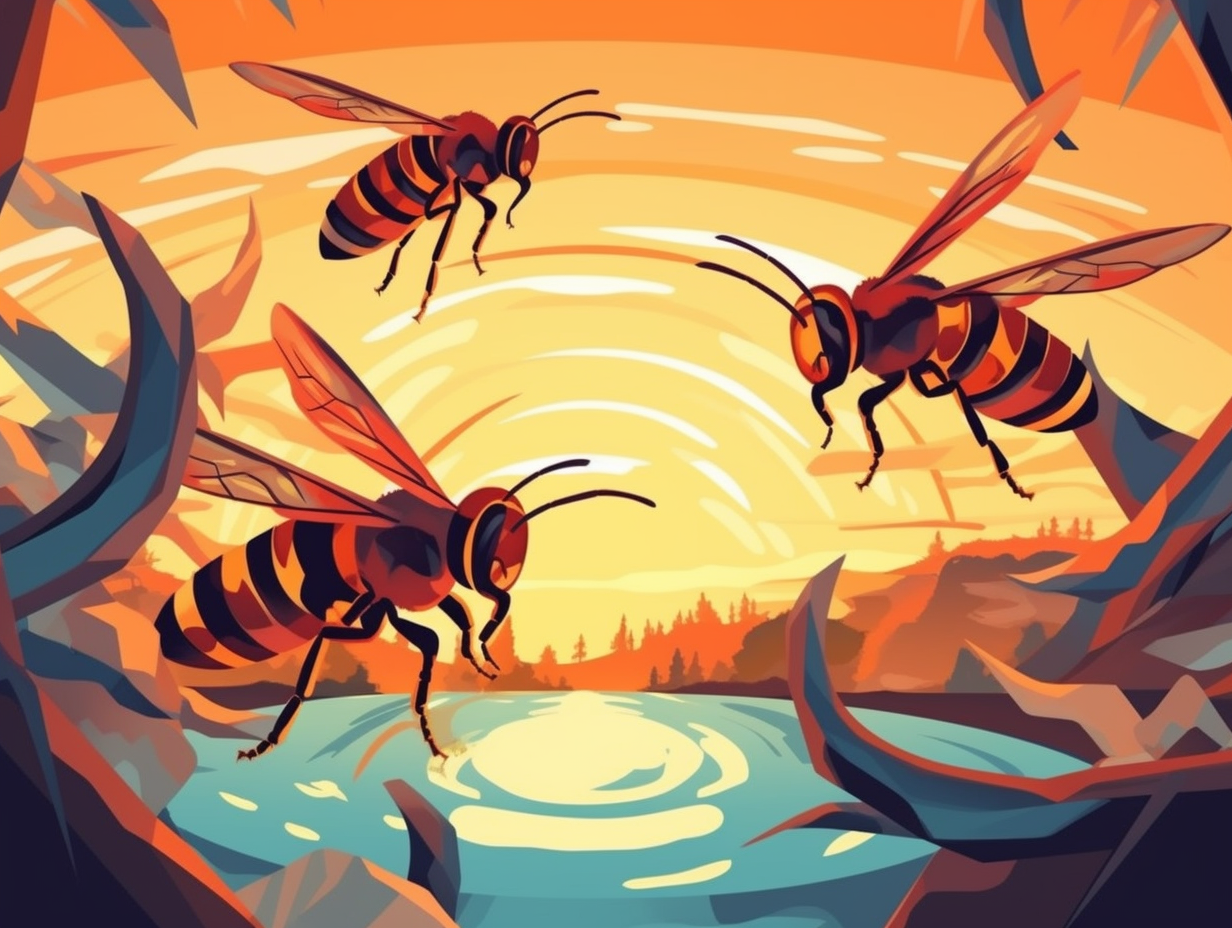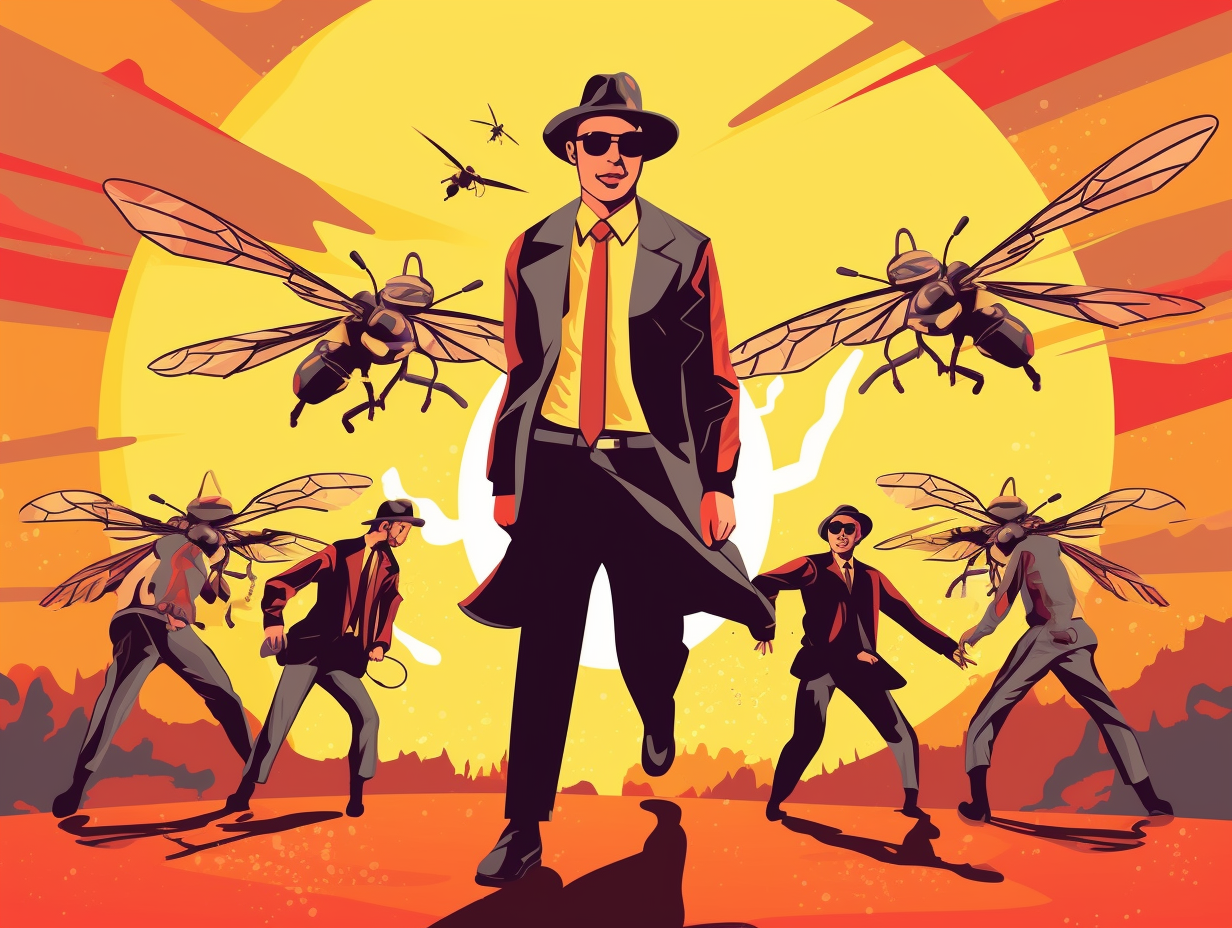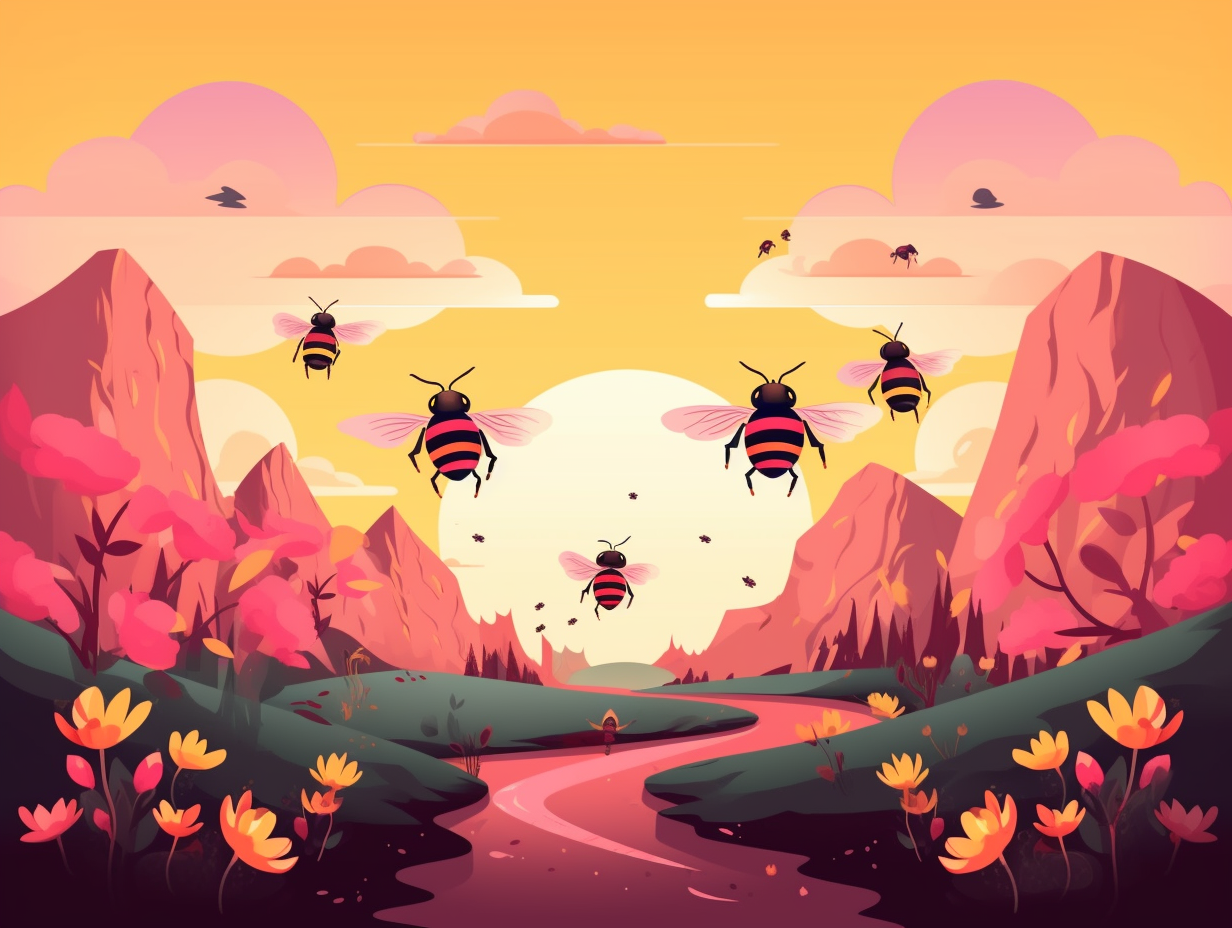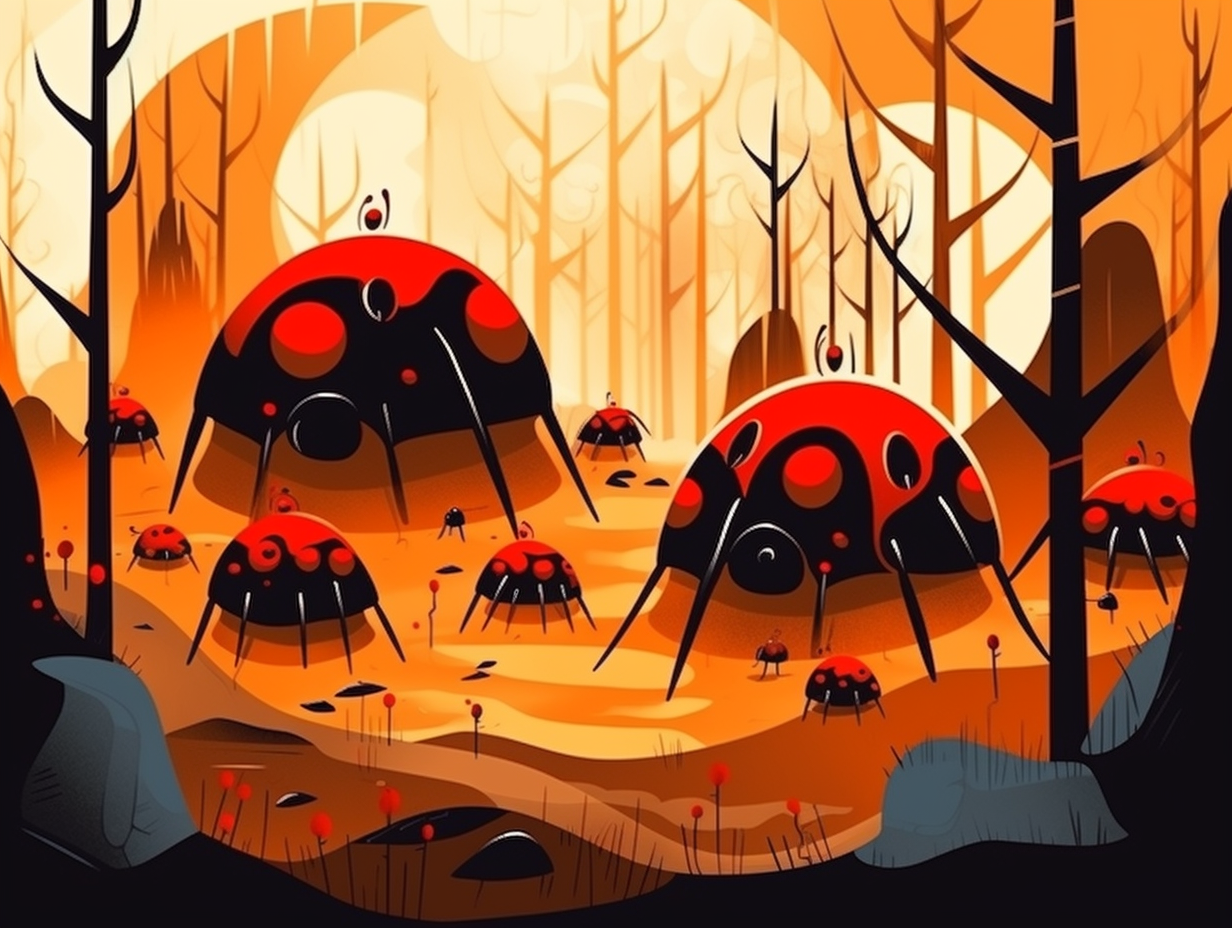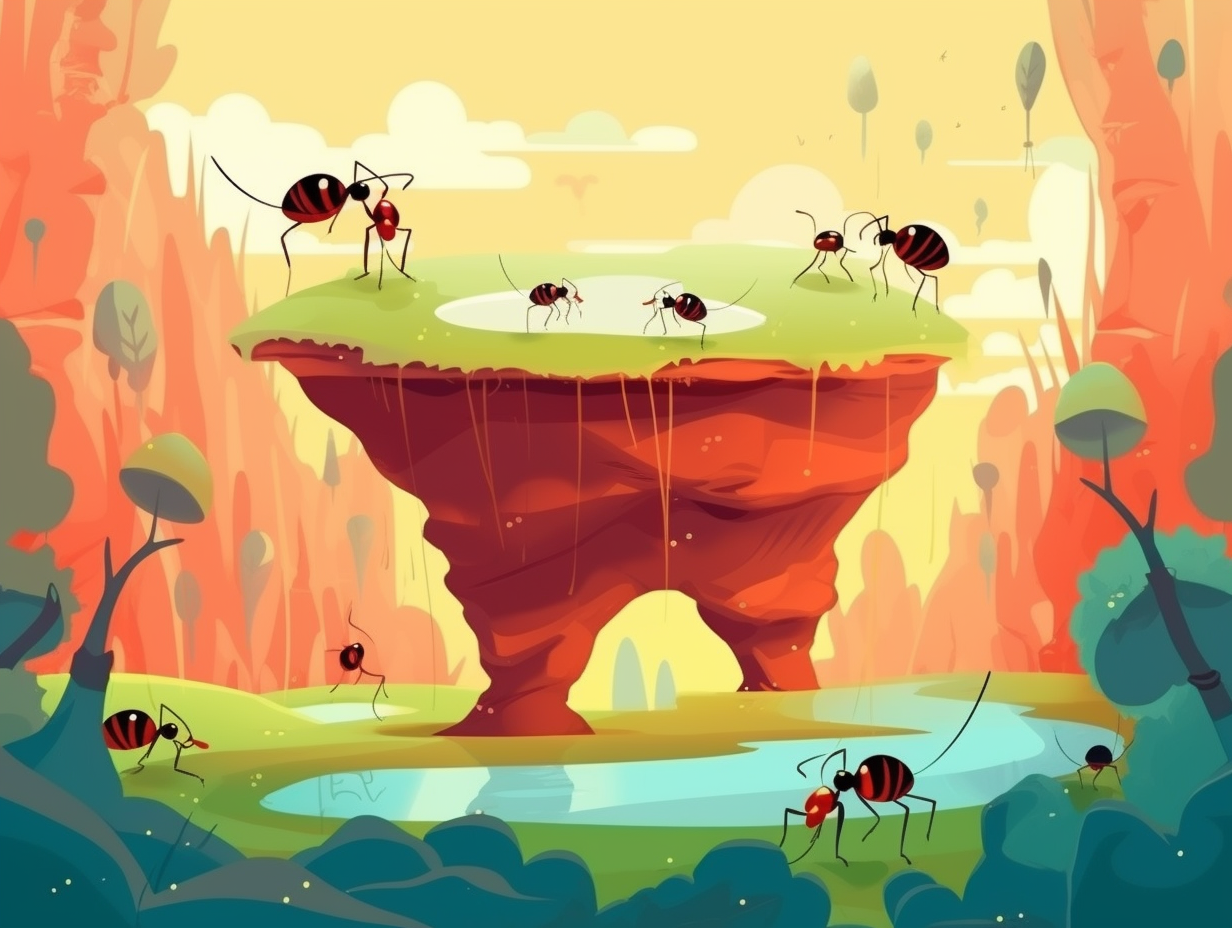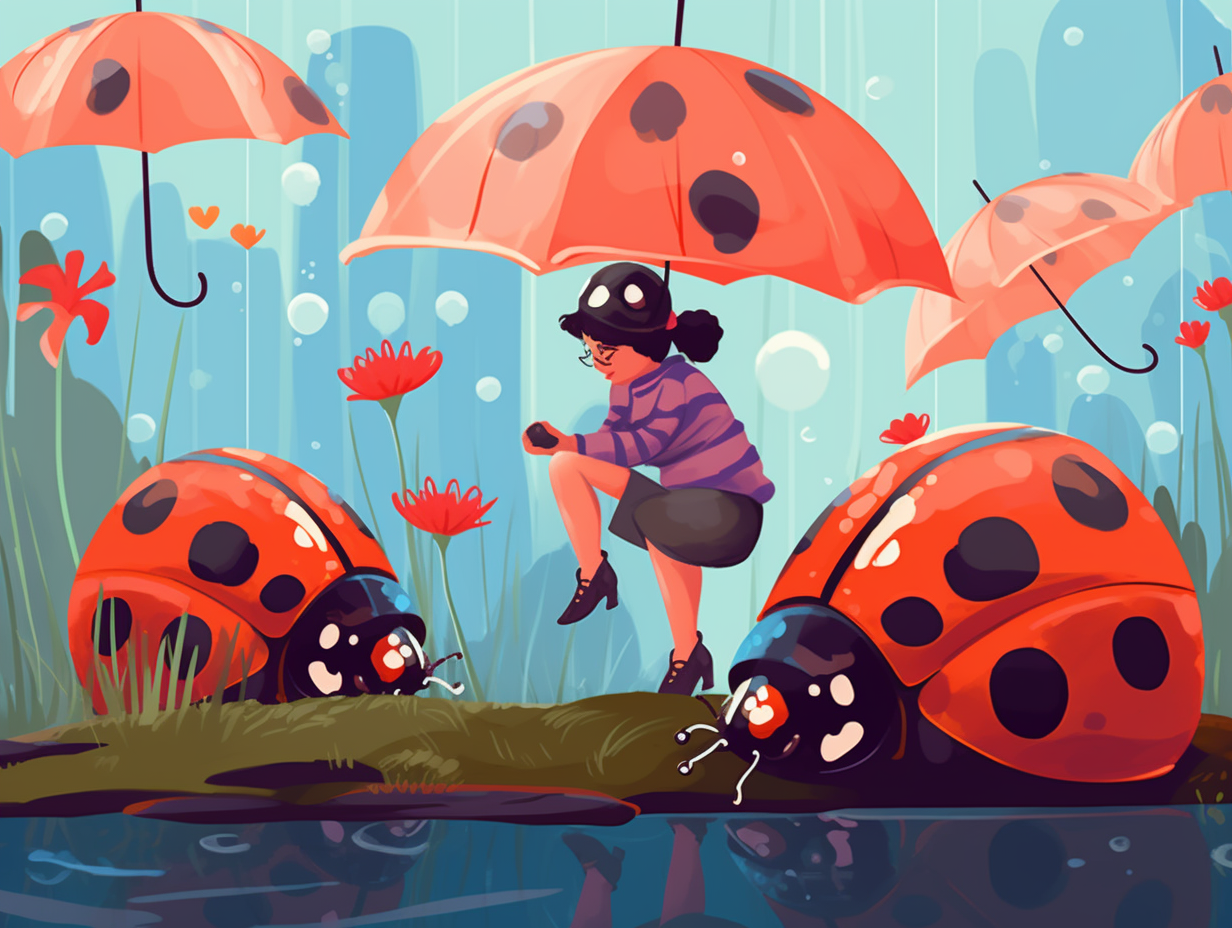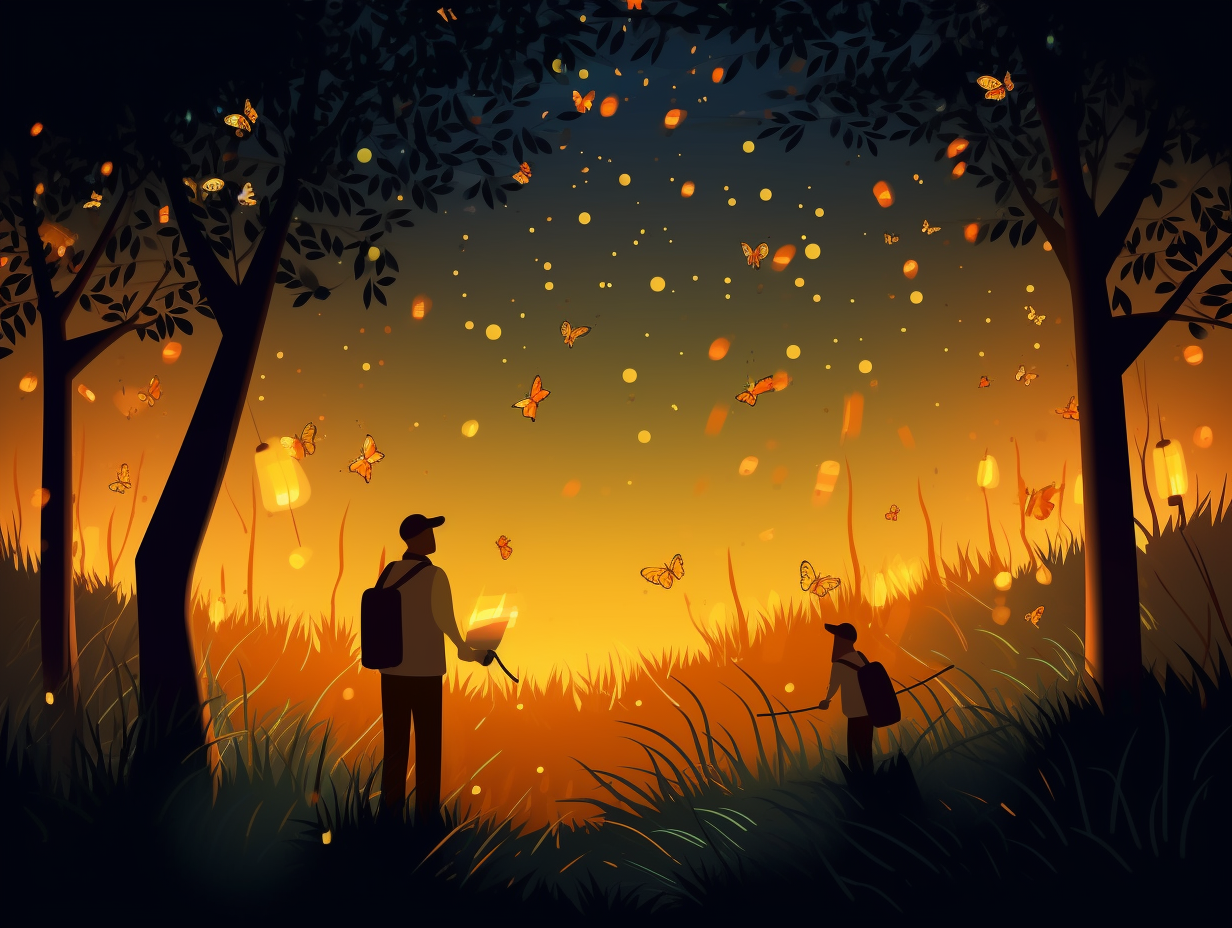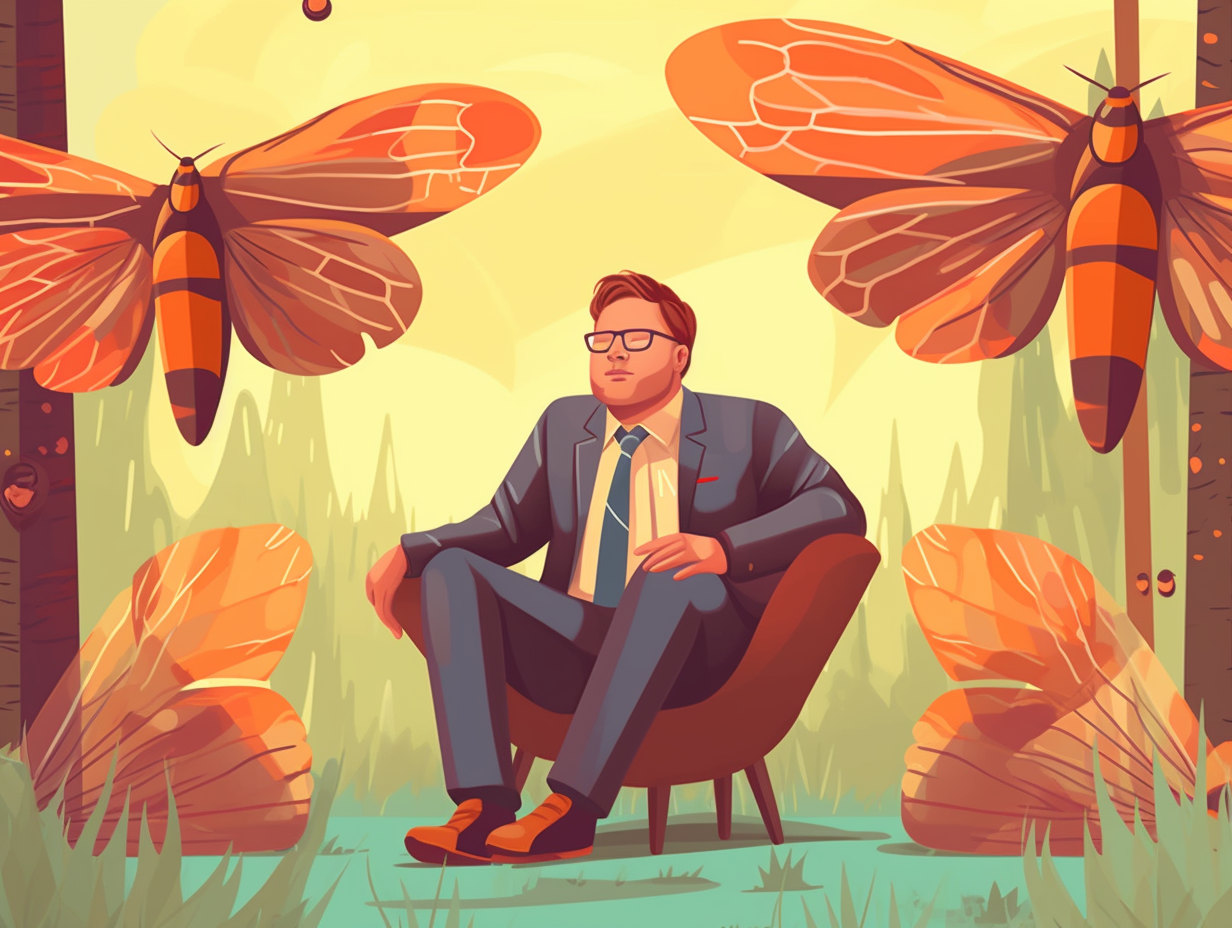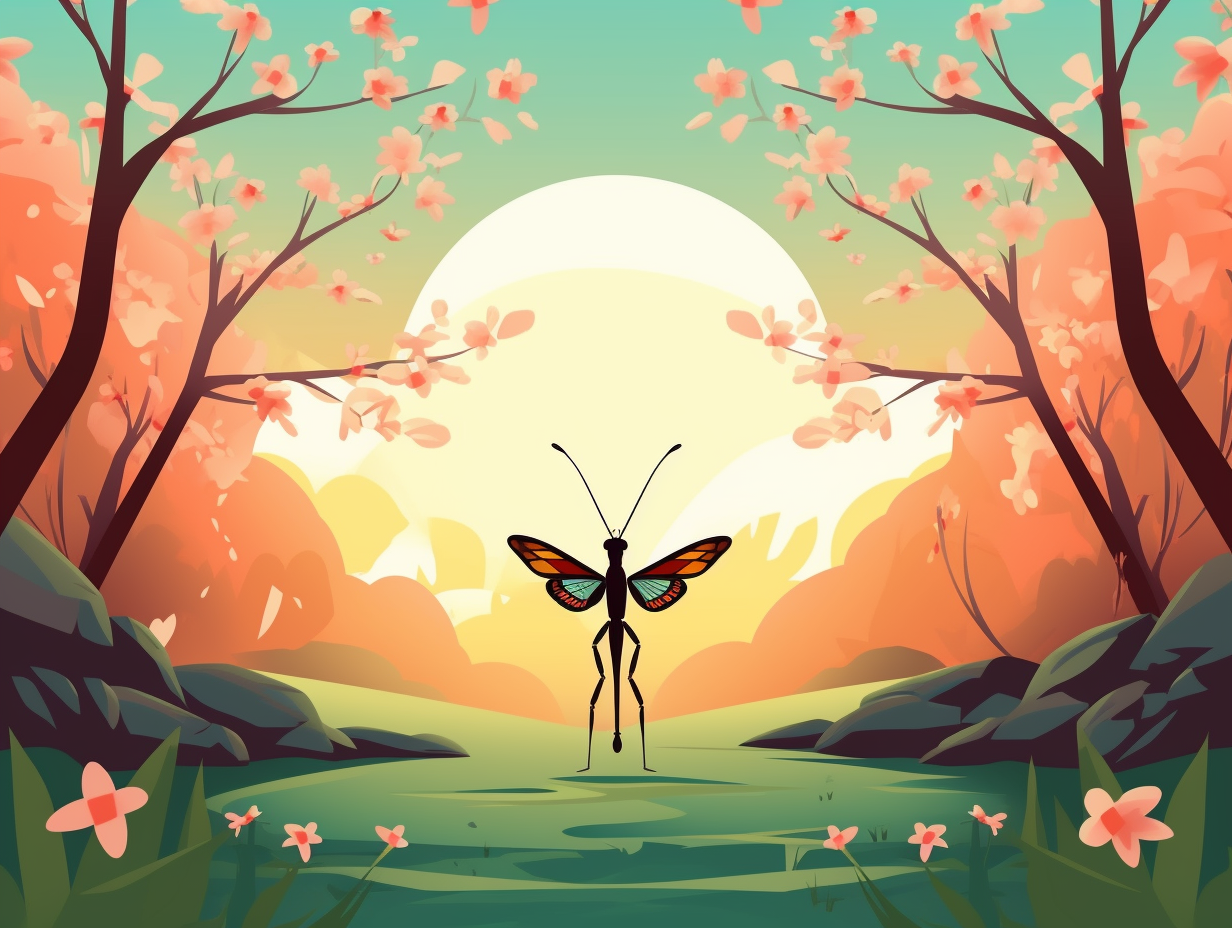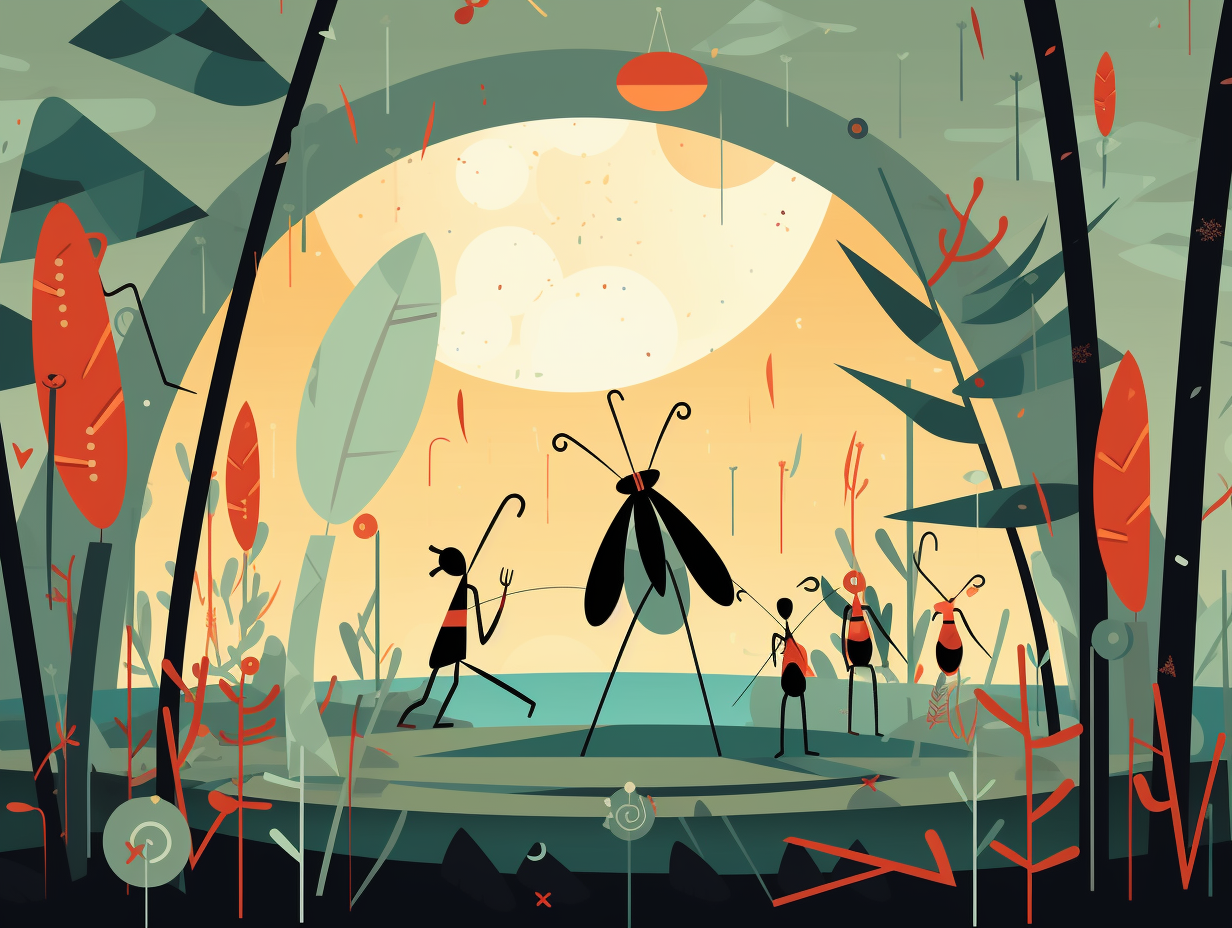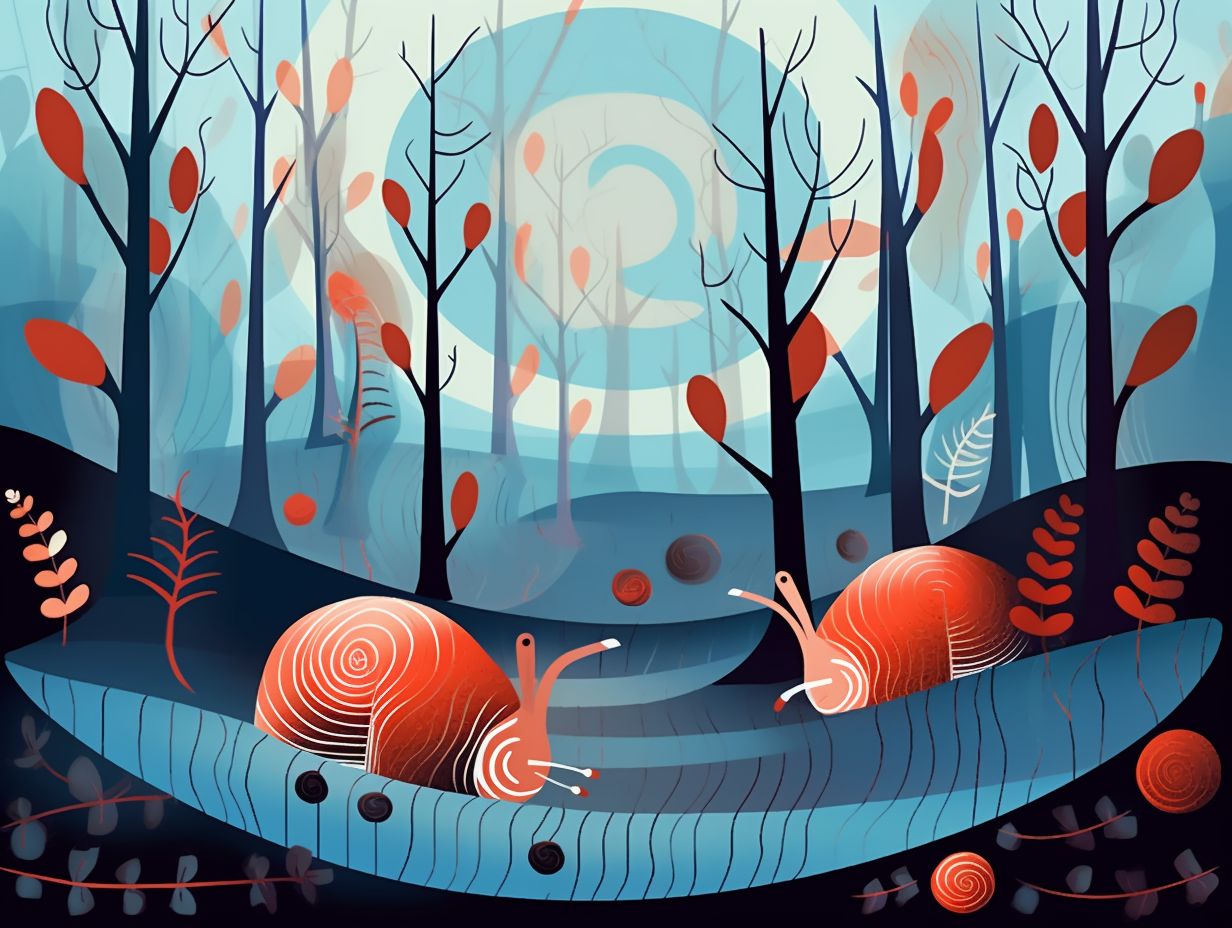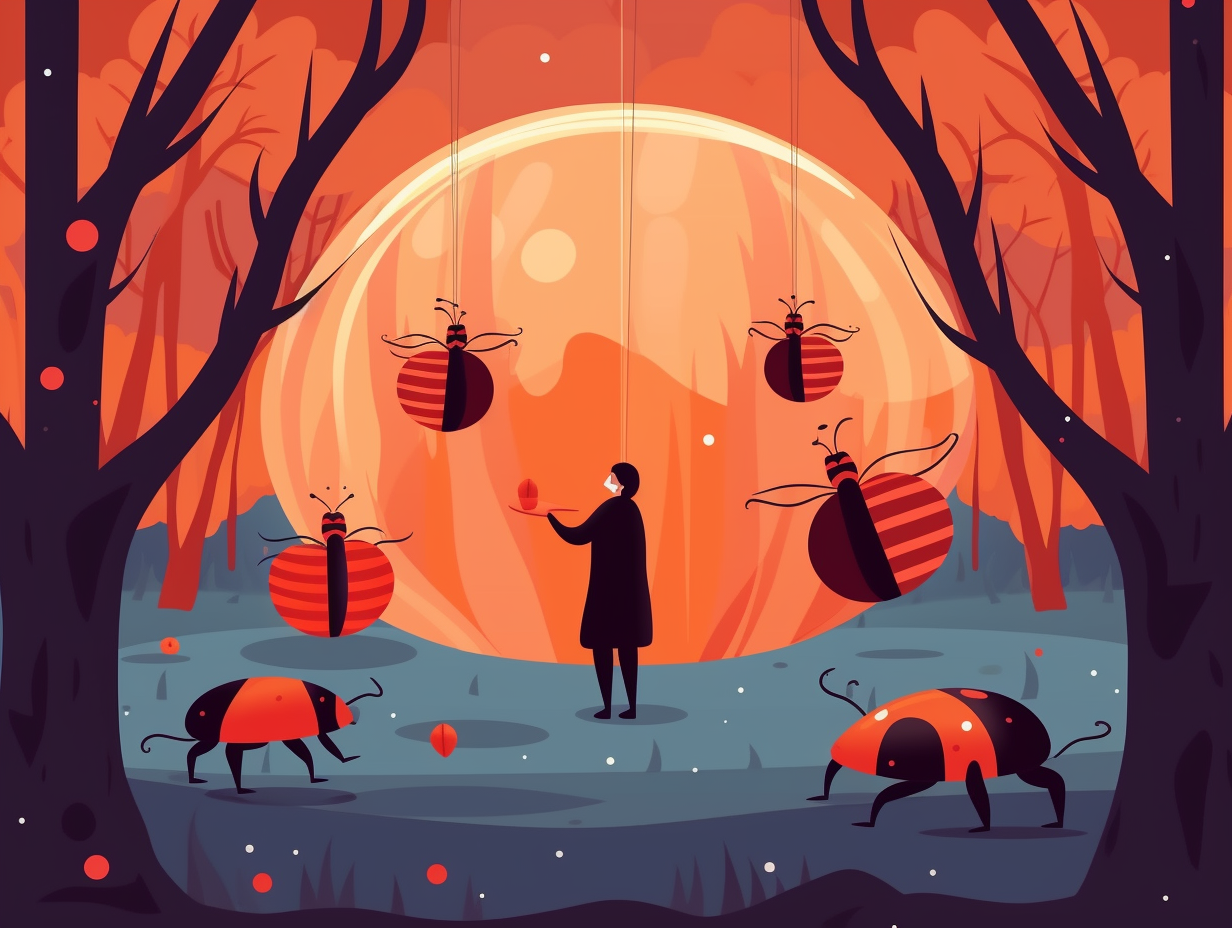Buzzworthy: 9 Fascinating and Fun Facts About Wasps You'll Want to Share!
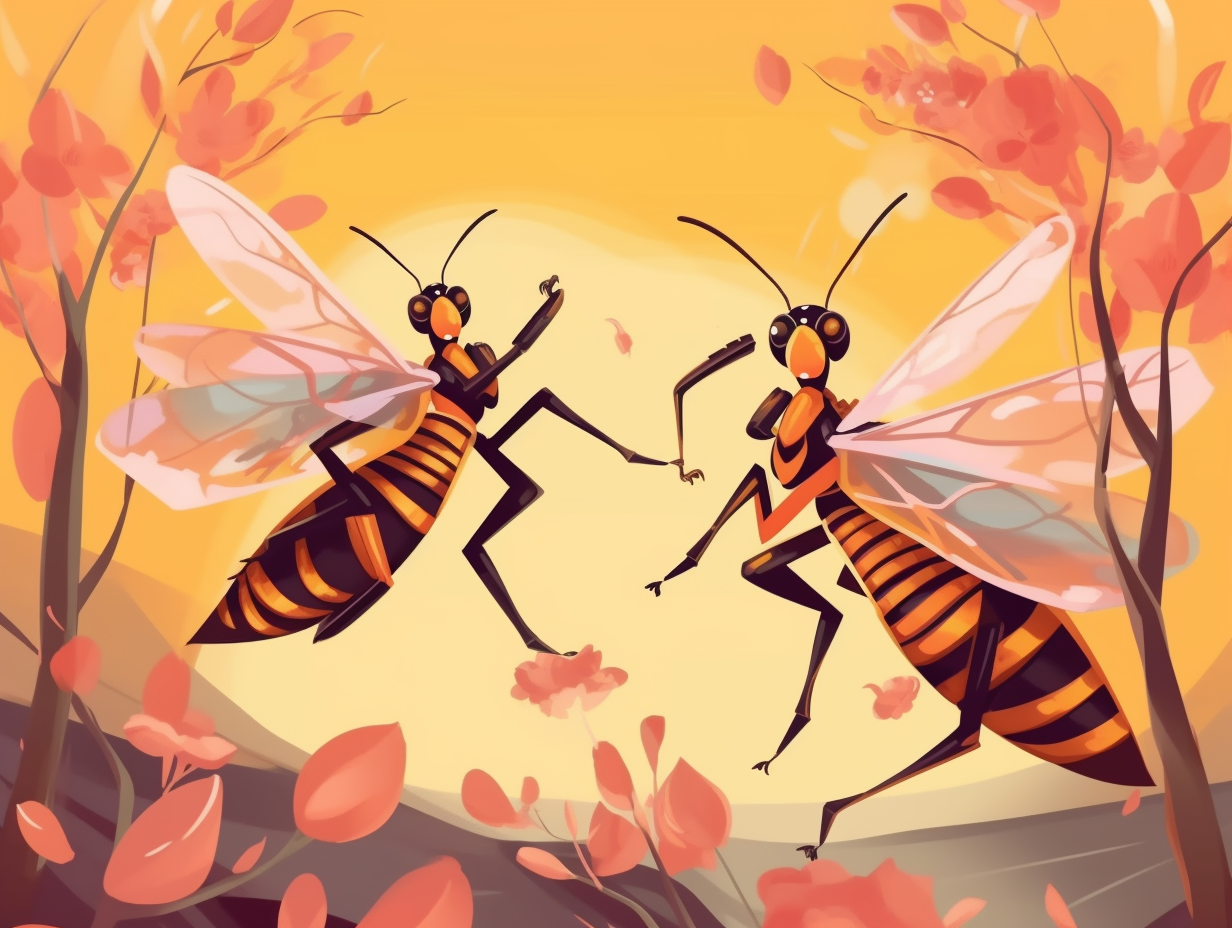
1. Wasps: Pest Controllers and Pollinators
When wasps aren't busy playing the antagonist in a horror film or inspiring the design for a certain iconic superhero's suit, these misunderstood critters actually save the world from becoming a pest-infested nightmare: Contrary to popular belief, wasps aren't angry, aggressive stinging machines; they only use their stingers for self-defense and are essential pollinators, playing a vital role in controlling pest populations.
Source => independent.ie
2. Fig Wasps: 1,000 Fig Species' Heroes
Wasps: the bumbling, not-so-furry cousins of bees who seem to have a permanent bee in their bonnet: These oft-feared buzzers are actually crucial pollinators too, even if they need to make up for their lack of fluff. Take the fig wasps, for example, who pull off an impressive pollination gig for almost 1,000 species of figs – proving not all wasps are just out for the sting!
Source => fs.usda.gov
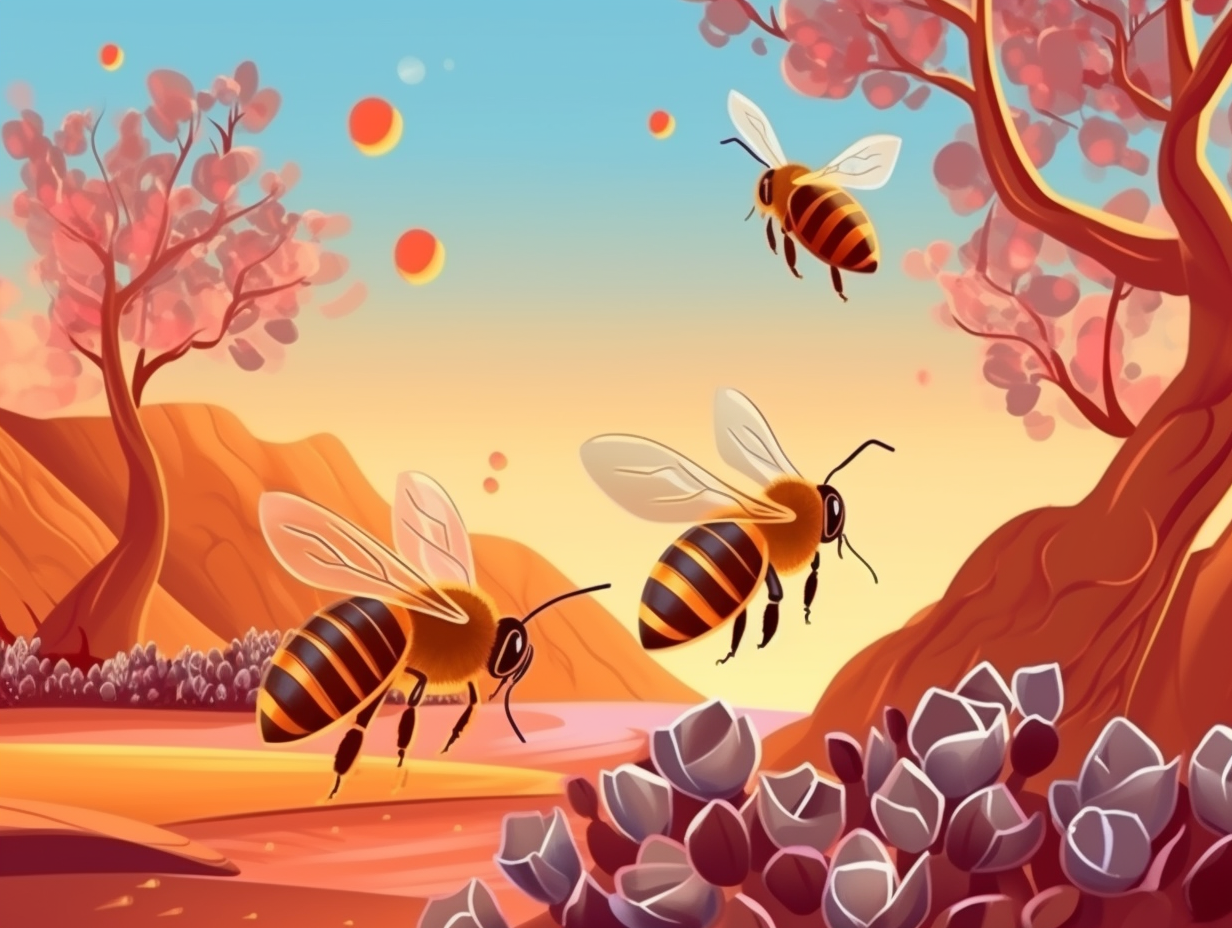
Did you know honeybees have an incredible spatial memory, allowing them to recognize and visit specific flowers up to five days later? Discover their amazing flower power skills!
=> Fun Facts about Bees
3. Wasp Saliva: Nest Builder Extraordinaire
Ever tried a wasp saliva smoothie? You're in luck: Wasps actually mix their saliva with wood fibers to create the paper pulp they use to build their nests, with the queen herself being the diligent chewer and spitter responsible for the nest's construction.
Source => vulcantermite.com
4. Wasps: Sweet Thieves and Action Stars
Wasps: nature's candy thieves with a double life as tiny action-movie stars! They may not be Quentin Tarantino fans, but they sure do love their sweets and dabble in live prey hunting: these fascinating buzzbandits are attracted to honey, feed on secretions of their own larvae for proteins, and even perform ambush-attacks to paralyze their prey for their young's feasting delight.
Source => a-z-animals.com
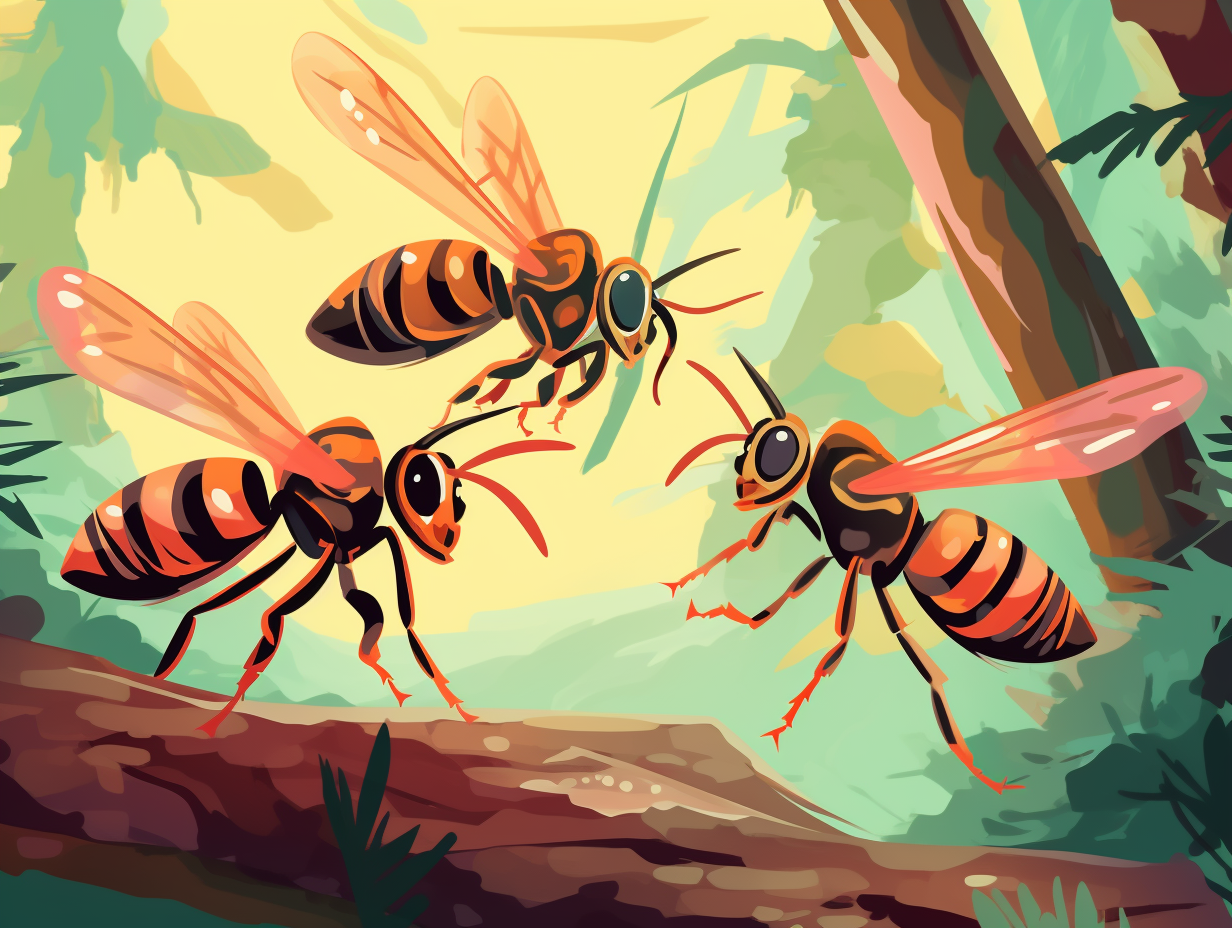
5. SWAT Team Replaced by Winged Workers
Call off the SWAT team: these winged wonder-workers are not malicious bee-ing! As it turns out, wasps aren't vindictive villains that fancy terrorizing picnics and cookouts; they only sting in self-defense or when safeguarding their home turf. In fact, they actually make excellent pest controllers and champion pollinators, so let's give them a buzzworthy round of applause!
Source => vocabulary.com
6. Buzzkill Reputation: Just Self-Defense!
While wasps may suffer from a pervasive case of "buzzkill" reputation, they're not actually yellow-striped assassins hell-bent on your demise: in reality, wasps will only sting in self-defense or when their nest is in peril, even releasing colony-saving alarm pheromones in the process—and to avoid becoming a waspish black (and yellow) ops target, simply don light-colored attire and practice your zen slo-mo moves.
Source => theguardian.com
7. Wasps: Mother Nature's Secret Service
Move over, chemical pesticides, and say hello to Mother Nature's Secret Service: wasps! In a plot twist worthy of a blockbuster eco-thriller, these tiny winged warriors are actually the unsung heroes of the agricultural world: Research shows that certain species of wasps are more efficient at controlling pests than conventional chemical methods, making them an environmentally-friendly and indispensable ally in protecting crops and ensuring fruit production.
Source => entomology.ca.uky.edu
8. Stung by a Wasp? Maybe No Big Deal
Who needs nectar when you've got thicker skin? It turns out that for some lucky folks, getting stung by a wasp is merely a walk in the park: According to Ehrlich Pest Control, certain individuals may not feel any pain or swelling following a wasp sting! However, let's not dismiss the wary walkers – reactions can still range from mild to severe, and it's crucial to seek medical help if you're struggling to breathe or experiencing intense discomfort post-sting.
Source => jcehrlich.com
9. Fig Wasp Sacrifices: Essential Pollinators
Next time you munch on a fig, thank a teeny tiny wasp for losing its "antennae and wings": Female fig wasps play an essential role in pollinating fig flowers but get a little too up close and personal, losing their wings and antennae as they burrow through narrow passages in the fruit. With 750 different figs worldwide, there's a unique fig wasp species for every figgy situation.
Source => lewisginter.org
Related Fun Facts

